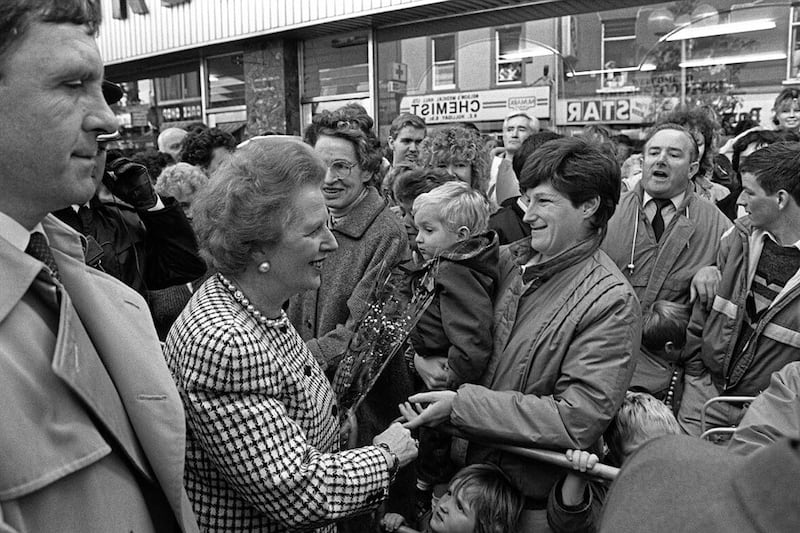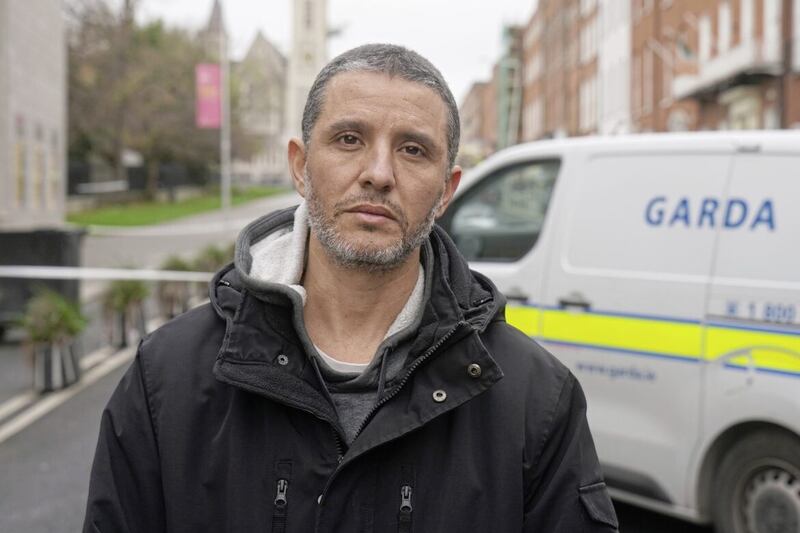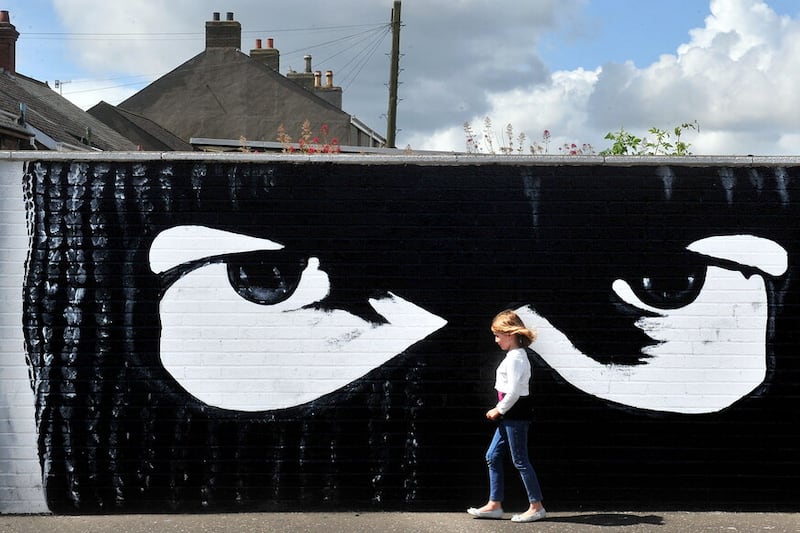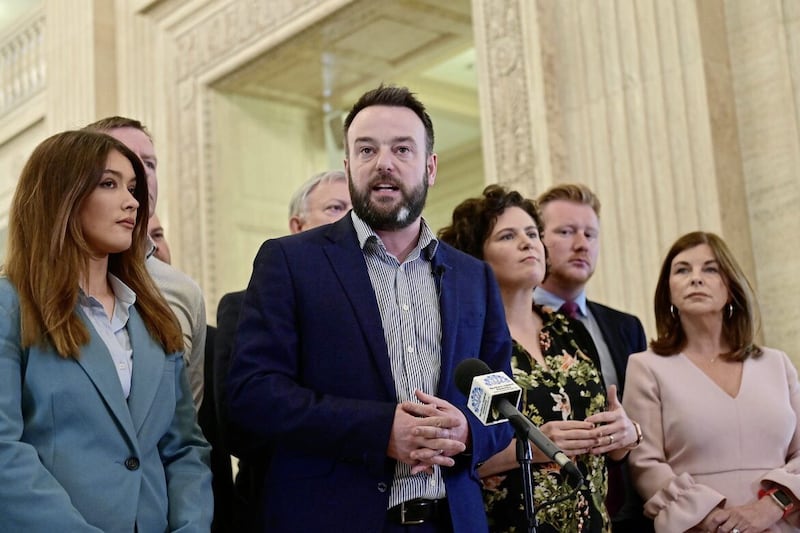The former Alliance leader, John Alderdice, is a considered and thoughtful politician. In the most difficult of circumstances, he fought for consensus. Unlike some others, Alderdice was not power-craving or hectoring in his style of leadership. He isn’t one who rushes to rash comments.
So when someone of his stature says, as he did on The View with Mark Carruthers last week, that "there is no emotional bond between the political establishment and Northern Ireland," unionists should take note.
Alderdice is stating a fact. And it's a hard fact to swallow for those head-in-the-sand, flag-waving jingoistic loyalists who are blinded to the bleeding obvious. Northern Ireland is unloved, uncared for and irrelevant to the great majority of British politicians and more importantly to their voters too.
This isn’t a sudden development.
Read More
- With drug deaths spiralling, just what is our proconsul doing? – Brian Feeney
- Peter Shirlow - Unionism needs to read the room
- John Manley: Hardline unionism can't hold back the tide
Fuming and fulminating loyalist agitators have been rubbing the UK political establishment up the wrong way for ages.
Former Labour prime minister Harold Wilson, during the loyalist strikes of 1974, said of loyalists: “The political wildcats of Northern Ireland seek to divide and embitter, whilst all the major parties in Britain have sought to heal and unite."
Arlene Foster and Brexit
Following the antics of Arlene Foster and the DUP over the Brexit negotiations, Theresa May could well have uttered those same words in 2017.
Unfortunately there are unionists whose imaginations are still stuck at the covenant table of 1912. But it’s not 1912. Nor is it 1974. Or 1985. There is only bark where there was once bite.
One-time unionist firebrand and former leader of the Ulster Unionist Party, Harry West speaking to the Irish Times in 1978 said: “Look at the birth rate. A majority of Roman Catholics will come in Northern Ireland. Not in my lifetime but it will come. And it’s inevitable that the majority will want to come into a united Ireland. It’s inevitable that it will happen sometime."
West opposed the reforms of Terence O’Neill and subsequently undermined the last unionist prime minister of Northern Ireland, Brian Faulkner, over the Sunningdale power-sharing agreement. Bizarrely, he went on to advocate for power-sharing against his successor Jim Molyneaux.
As John Hume often said: “If you took the word ‘No’ out of the English language most of them [unionists] would be speechless."
The Westminster benches have seen various Labour and Tory administrations come and go. The staunchest unionist champion amongst them was Margaret Thatcher. But unionist intransigence managed to get up even her nose.
Erosion of support for union
In 1987, she wrote to Archbishop Robin Eames, saying in no uncertain terms that any protest or “strike in the name of the union is all too likely to lead to the erosion of support for the union in the United Kingdom as a whole”.
The British foreign secretary of the time, Geoffrey Howe, went further: “Let unionists be in no doubt that the future of the union, so far from being assured, would only be threatened by intransigence, inflexibility and shortsightedness of that kind."
The Good Friday Agreement (whatever about its flaws) was, and still is, the only show in town which can slow the tide from ebbing away from political unionism.
And yet still, there are some loyalist spokespeople who seem incapable of or simply unwilling to understand that the union with Britain is precarious because of their own acts of self-harm, obstinacy and alienation from the mainstream political classes at Westminster.
The current prime minister has clearly no emotional attachment to Northern Ireland. He makes for a very unconvincing Churchill.
Sunak is consumed, if not overwhelmed, by the burden of office. The current secretary of state would appear to prefer supping a few Guinness in the Shelbourne Hotel than overnighting at Stormont.
The Orange card has finally been trumped. The late Harold McCusker said: “The people of NI whom I represent would prefer to be governed by a Catholic nationalist in Northern Ireland than a minister from the Irish Republic." No better time than now to test his hypothesis...








